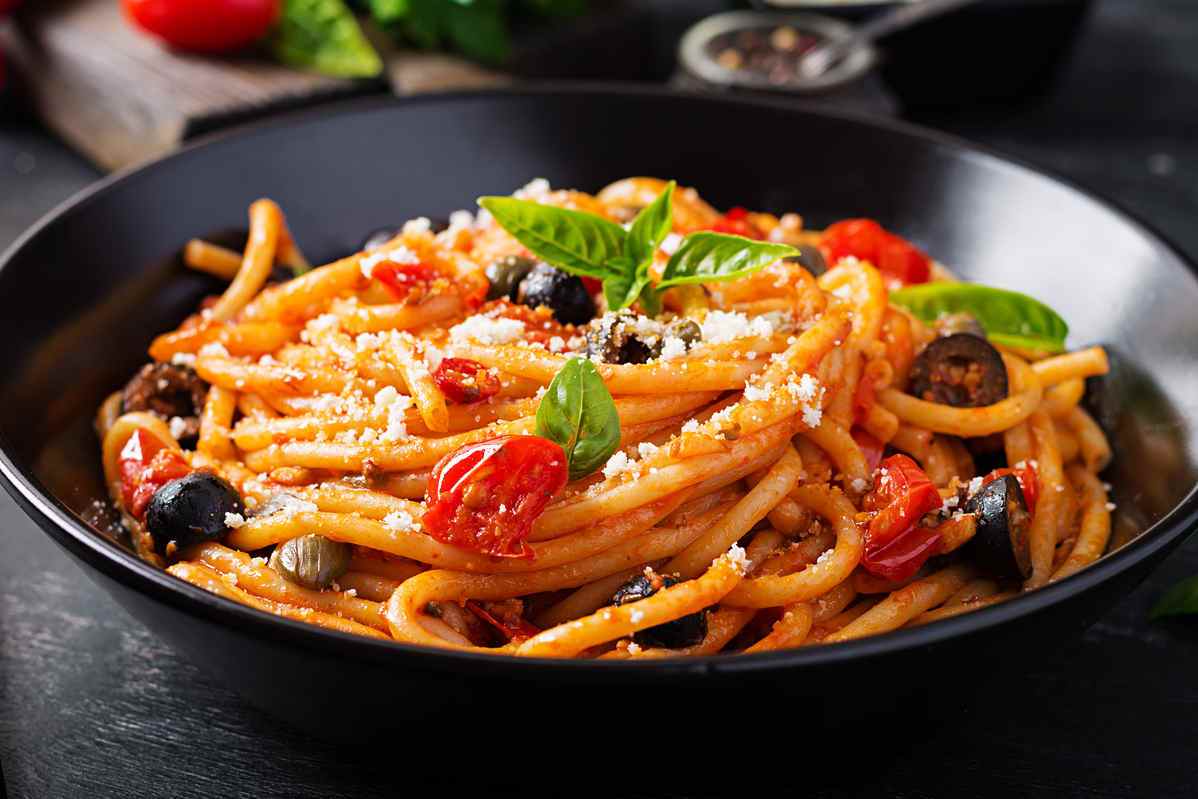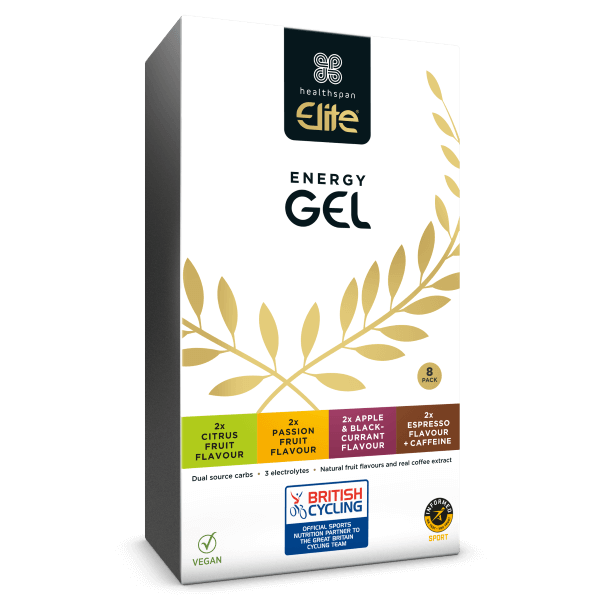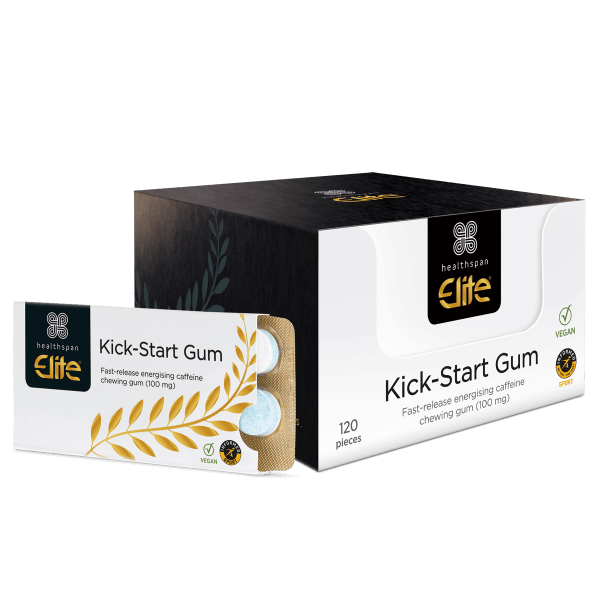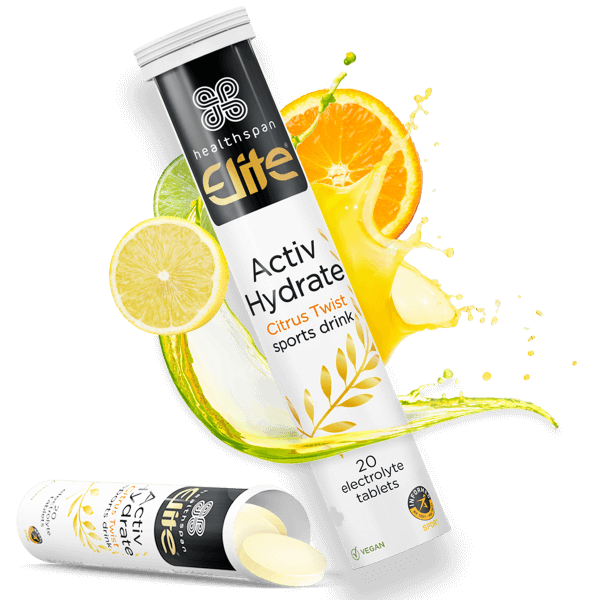Sports Nutritionist Rob Hobson on how to fuel your long-distance race with food, hydration and supplements, so you can get the best time and recover correctly.
Nutrition has been shown to contribute to athletes' performance success significantly, and even more so when it comes to endurance events such as marathons and triathlons. Food is not only fuel but a source of nutrients that help to support all aspects of health and wellbeing.
The body needs high-quality fuel to function at its best, and eating a nutrient-dense diet with the required amount of energy keeps athletes energised and free of infections that can inhibit their training.
Hydration is also important, as dehydration can affect the performance of athletes during long-distance events.
Planning your nutrition and hydration strategy ahead of the marathon is highly recommended, and this should be thought through at least six weeks beforehand. In some cases, you may need to build up a tolerance to an increased intake of carbohydrates, as it can cause digestive issues.
You may also want to try your-race day nutrition and hydration strategy before the event, especially if you use supplements such as energy gels or sports drinks.
So, what should you eat in the run-up to a long-distance race, on the day, and immediately after to aid recovery?
72 hours before the race
- Carbohydrate foods include pasta, rice, bread, couscous and noodles
- Aim for 5-7g carbohydrate while training
- Increase your intake of carbohydrate up to 12g per day during the three days prior to the race
- Train your gut to tolerate a higher intake of carbohydrate by gradually increasing your intake
Carbohydrates are key to fuelling your training and race day needs during an endurance event. Foods high in carbohydrates include rice, pasta, couscous, and bread. Dietary carbohydrates are broken down into glucose, the body's primary fuel source, which is stored as glycogen in the muscles and liver.
Eating the right amount of carbohydrates can help you to train and race at your best and recover from training in preparation for subsequent sessions.
If you train for around an hour a day, you should aim to eat around 5-7g of carbohydrates per kg of body weight. If you weigh 70kg, this is 490g carbohydrate based on 7g per kg bodyweight. Numbers aside, this means making carbohydrates the focus of every meal including snacks. Many athletes tend to overeat protein at the expense of carbohydrates.
It would help if you aimed to increase your carbohydrate intake three days before your event. The recommended guidance is to eat up to 12g of carbohydrates per kg of body weight, which means cutting back on protein to make your energy intake primarily carbohydrates.
This is where planning comes into play, as some people are more sensitive to carbohydrates. Train your gut in the weeks leading up to an event by gradually increasing your daily carbohydrate intake.

Increasing your carbohydrate intake three days before the event is helpful for your glycogen stores. Carbs such as pasta, rice, bread, couscous and noodles are all good options.
Before the race
- Aim to eat 1-4g carbohydrate 1-4 hours before the race
- Consider two breakfasts before the race to take enough carbohydrate on board
- Plan your meals based on the time available
- Start the race adequately hydrated: check the colour of your urine (pale is better)
- Drink 5-10ml fluid per kg bodyweight 2-4 hours before the race
Loading up on carbohydrates in the days leading to your event will help to maximise your glycogen stores in the muscle cells. The liver is also a good store of glycogen, but this depletes faster than muscle stores.
Focusing on carbohydrates in the hours leading up to your event can help to maximise liver stores of glycogen. The established guidance is to consume 1-4g carbohydrates per kg body weight 1-4 hours before the race.
The time available dictates the type of meal you might choose, based on how long it takes to metabolise nutrients.
| Time available | Type of meal | Nutrients in meal |
| 3-4 hours | Meal | Carb + protein + fat |
| 2 hours | Mini meal or snack | Carb + protein |
| 1 hour | Fluids | Carb |
| 5-10 minutes | Fluids or energy gels | Carb |
It's important to never try anything new on race day. If you have plenty of time, choose your usual high-carbohydrate breakfast, which may be porridge with fruit and nuts, and avoid high-fibre carbohydrates to protect the gut. If you have less time, make carbohydrates the priority, avoiding protein and fats. This means opting for energy drinks and gels.
If you struggle to get enough carbohydrates in a single meal and have time, you may want to include a second breakfast. For instance, given 4 hours to spare before the race, you may choose to eat a jam sandwich 2 hours after your first breakfast of, say, porridge and fruit.
Hydration is crucial, and you should always start an event adequately hydrated. The easiest way to establish this is whether your urine is a pale yellow or clear colour.
For example, marathon pre-event fluid intake guidelines suggest 5-10ml fluid per kg body weight in the 2-4 hrs before the race. If you weigh 70kg, this is up to 700ml. It would help if you consumed this fluid slowly to avoid frequent visits to the bathroom. Staying adequately hydrated in the run-up to the race also helps.

Elite Energy Gel - Mixed Pack
Carb and electrolyte boost developed with British Cycling
- Delivers fast-acting energy
- 25g fast-acting carbs and 3 electrolytes
- Apple & Blackcurrant, Citrus Fruit, Espresso (with Caffeine) and Passion Fruit
During the race
- Aim to consume 60g carbohydrate per hour during the marathon
- Always trial energy gels and drinks before race day
- Consider using caffeine in the latter stages of the marathon (around 200mg)
- Hydrate with 400-800ml fluids per hour or carry out a sweat rate test for individual fluid needs
Carbohydrates
During events lasting more than 90 minutes, such as a marathon, you should aim to consume 60g of carbohydrates per hour. The most convenient way to do this is through energy gels or drinks, which have a 2:1 ratio of glucose to fructose. Again, try these supplements before race day, as the body's tolerance can differ between brands and you will also find your preferred flavour.
It would also help if you planned how to take on board your carbohydrates before the race, as combining gels and sports drinks increases the risk of over-consuming carbohydrates, which may disrupt the gut.
Caffeine
Caffeine can help during long-distance events, especially during the latter stages of an event, where it has been shown to improve performance. Caffeine absorption can take up to 90 minutes, so plan your intake in line with your predicted finish time.
The suggested dose is 2-3mg per kg bodyweight, so if you weigh 70kg, this is 140-210mg. Caffeine is available in chewing gums and in certain energy gels. Combining caffeine with carbohydrates has been shown to improve glycogen repletion during exercise.
Hydrating during the race is dependent on the individual and environmental conditions. As a rule of thumb, you should drink around 400-800ml per hour. Like amateurs doing their first marathon, slower athletes can drink to thirst. More experienced or faster competitors may want to plan by measuring their sweat rate to give a more accurate and individualised idea of their fluid needs.

Elite Kick-Start Caffeine Gum
Quick-release energy boost
- 100mg caffeine per mint-flavoured gum
- 85% absorbed in 10-15 minutes
- Increases mental alertness
Post-race
- Refuel with 1.2g carbohydrate every hour during the first 3-5 hours after the marathon
- Combine carbohydrate with a little protein (20g) in the two hours after the marathon
- Hydrate with fluids after the marathon and consider using electrolytes
Good nutrition after a marathon can help with recovery, which involves eating carbohydrates and a little protein. The recommended amount of carbohydrates is 1.2g per kg bodyweight every hour for the first 3-5 hours after the race, then resume your usual daily intake. If you weigh 70kg, then this equates to just over 80g of carbohydrates. You may not feel hungry after racing, so energy drinks (30g), fruit snack bars (18g), and bananas (30g) may be more palatable immediately afterwards.
Protein
Protein is also needed to repair muscle breakdown from long-distance running. The recommended guidance suggests 0.3g per kg bodyweight within two hours of the race. If you weigh 70kg, this equates to around 20g of protein.
Research has shown that consuming protein (10-20g) with carbohydrates means eating fewer carbohydrates to get the same glycogen replenishment results. Along these lines, post-race snacks may include yoghurt with fruit and honey, hummus with pitta bread, or protein shakes formulated for weight gain, which contains protein and higher amounts of carbohydrate.
Rehydrating is critical after racing, and this can be enhanced with the use of electrolytes. Sports drinks with added electrolytes are an excellent way to do this alongside replenishing glycogen stores. Continue to rehydrate in the hours after the race by sipping fluids regularly.
Good nutrition and hydration can make a difference to both your performance and ability to get through the race without hitting the wall. Planning a strategy well in advance to support your nutrition and hydration needs before, during and after a long-distance race is a good approach.

Elite Activ Hydrate
Delicious fruit-flavoured electrolyte drink to replenish minerals lost during exercise
- Replenishes the essential electrolytes sodium, calcium, magnesium and potassium
- Contains 300mg sodium
- Informed Sport-accredited










